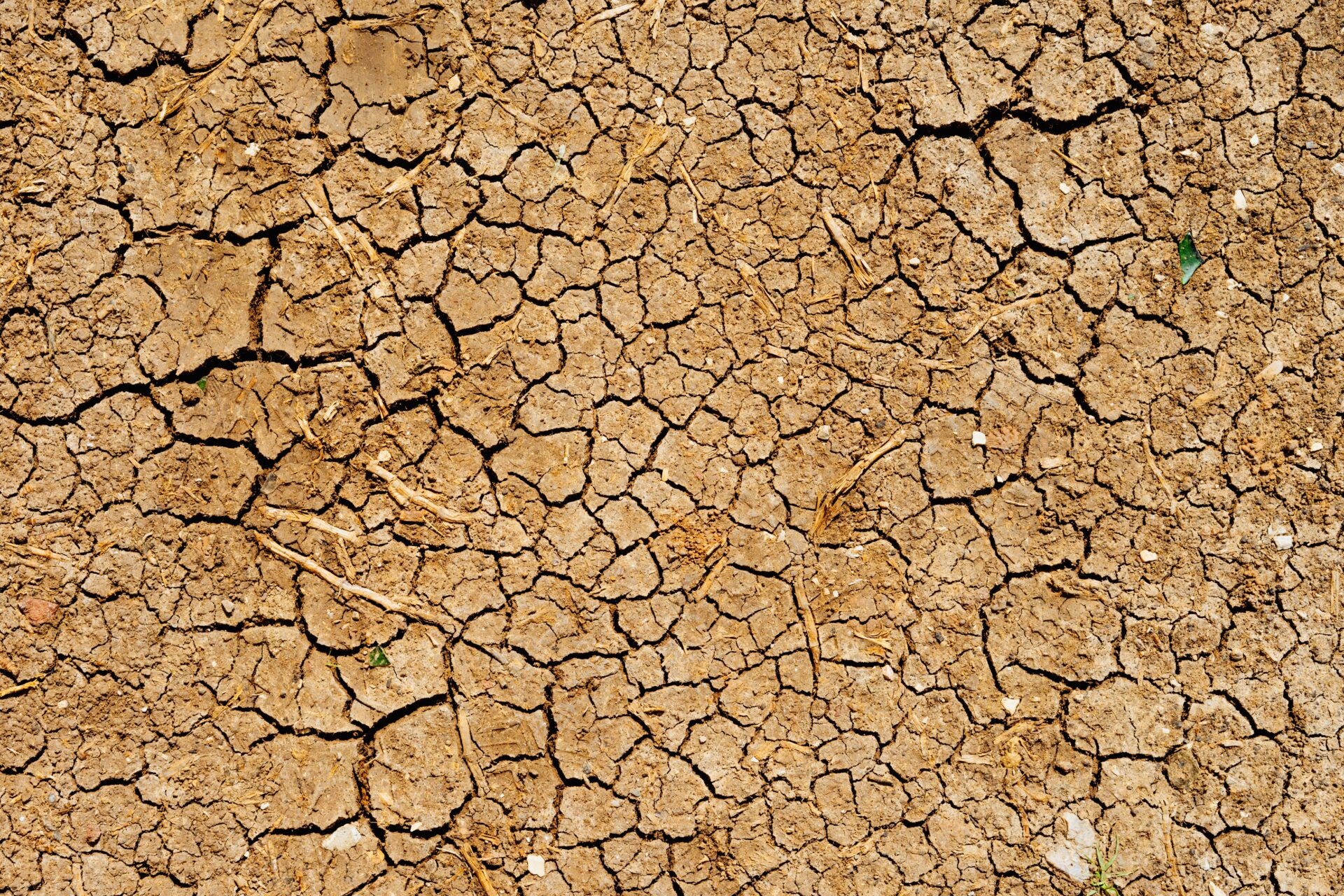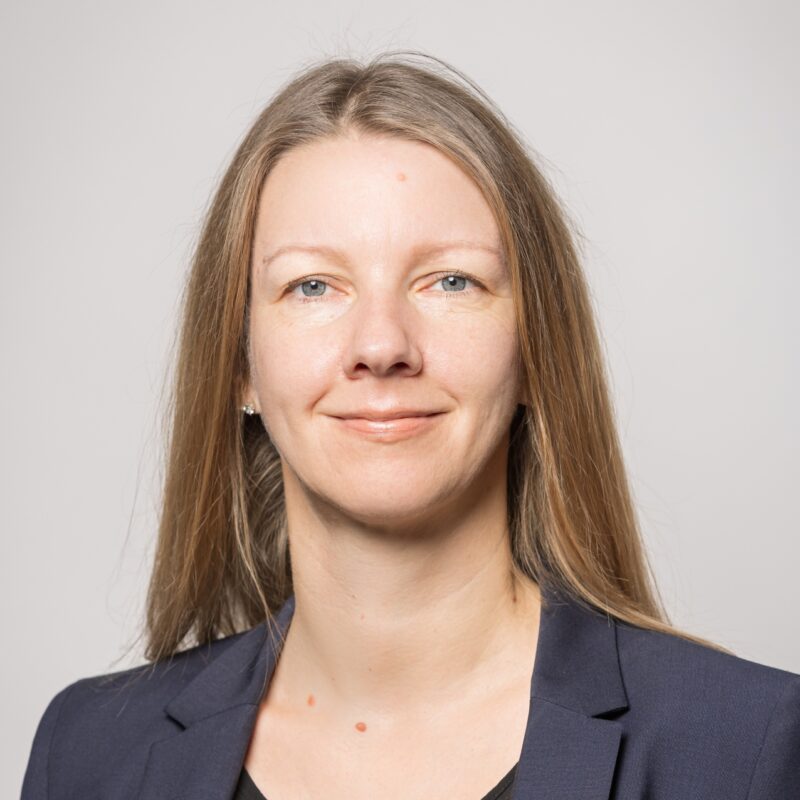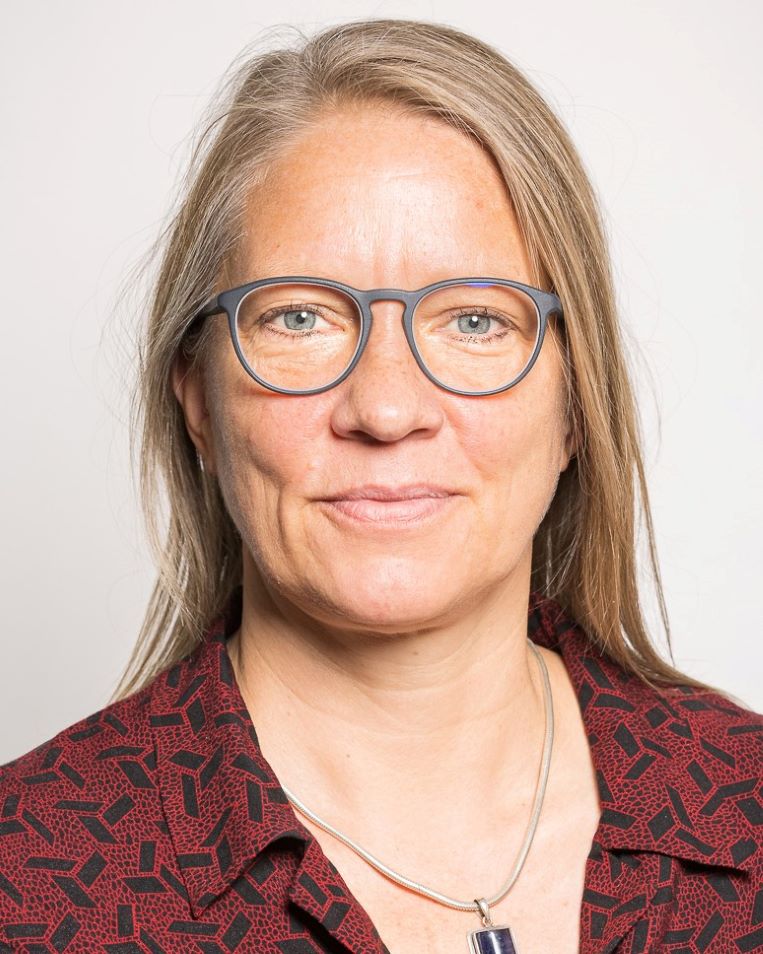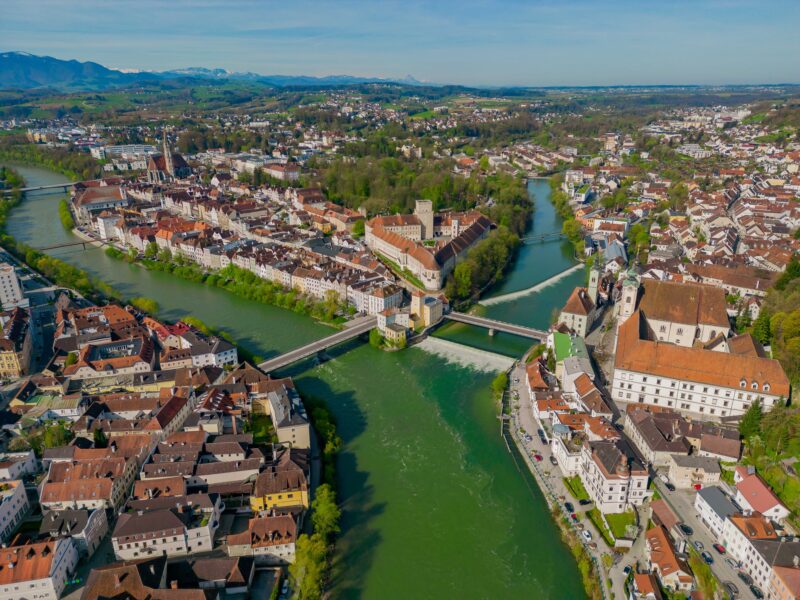
Ecological Economics Matters
Claudia Kettner-Marx presented an analysis of climate policy integration in EU energy policy. Her presentation focused on climate policy integration in strategic energy policy documents on the one hand and on a comparison of the Renewable Energy Directive and the Energy Efficiency Directive for the period 2020-2030 with existing legislation on the other hand. The results show that climate change mitigation is a key objective in all energy policy documents examined. In addition, EU legislative procedures ensure the full involvement of all stakeholders.
The targets for renewable energy and energy efficiency are synergetic with climate policy. Other issues such as energy security, however, sometimes conflict with climate policy objectives (e.g. as the development of fossil energy sources is called for to ensure security of supply). The proposed revisions of the Renewable Energy Directive and the Energy Efficiency Directive include a moderate increase in target values. However, priority grid access for renewable energies has been abolished and concrete national targets have been replaced by an EU-wide target.
Ina Meyer presented results on the co-creation of long-term local socio-economic scenarios. These were developed in a research project on climate sensitive risk management (ARISE) in an explorative case study in the City of Lienz (East Tyrol) with stakeholders from administration, business and civil society.
Socio-economic scenarios show different pathways and identify key dimensions and drivers along which societies and economies may evolve. They are used to deal with uncertainties. Large uncertainties over future developments and structures of societies and economies make the assessment of climate change impacts, vulnerabilities and adaptation options a challenging and complex task for decision-makers. The co-creation of local scenarios enables idiosyncratic conditions to be identified and local and expert knowledge to be integrated and used for future decisions for a climate resilient risk management system.
Further informationen: https://esee2019turku.fi/

























